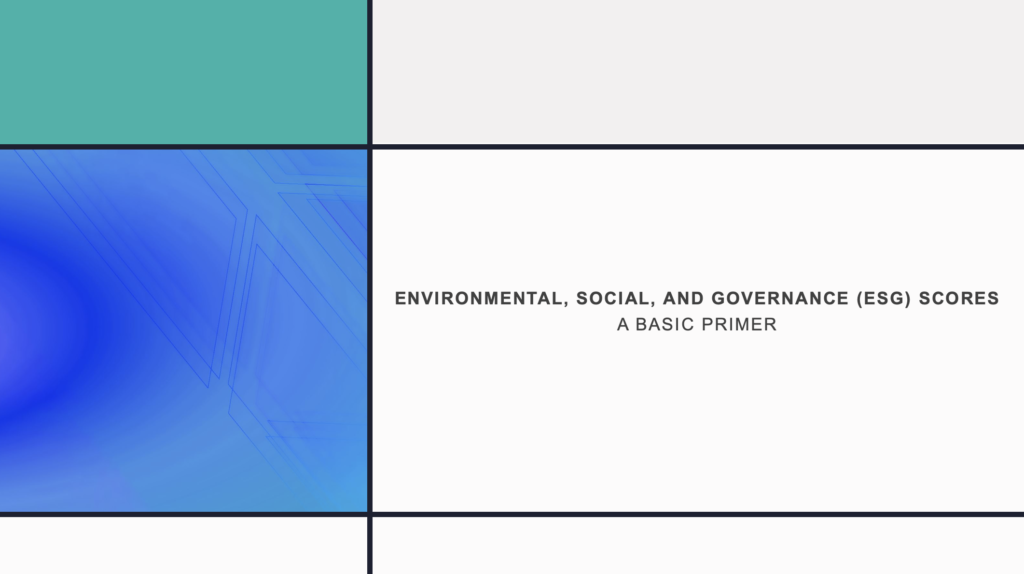What is ESG?
- Environmental, social, and governance (ESG) scores are the chief mechanism by which a cabal of ideologically aligned influential interests working through unelected supranational organizations are attempting to “reset” the global financial system to their advantage.
- Rather than focusing upon profit, debt, and customer satisfaction, ESG forces companies to focus upon politically motivated, subjective goals that often run counter to their financial interests and the interests of consumers.
- This attempted shift from “shareholder capitalism” to a “stakeholder collectivism” model hinges upon assigning companies of all sizes, and soon individuals, arbitrarily determined ESG social credit scores.
- ESG scores mandate commitments to “climate” and “social justice” objectives, which draw heavily from the United Nations-sponsored Sustainable Development Goals.
- Essentially, ESG operates by punishing poorly scored companies with reduced or altogether eliminated access to capital and credit, while highly scored companies receive substantial capital in-flows, in addition to tax breaks, grants, access to “special financial vehicles,” and preferential contracting, among other benefits.
- Ultimately, these measures are designed to centralize power and wealth in the hands of unelected technocrats, central bankers, regulators, financial oligarchs and globalist institutions.
- The full institutionalization of ESG—internationally and domestically—would represent a major step towards consolidating a unitary global governance model, ultimately causing the dissolution of free markets, national sovereignty, due process under the law, and individual liberty.




